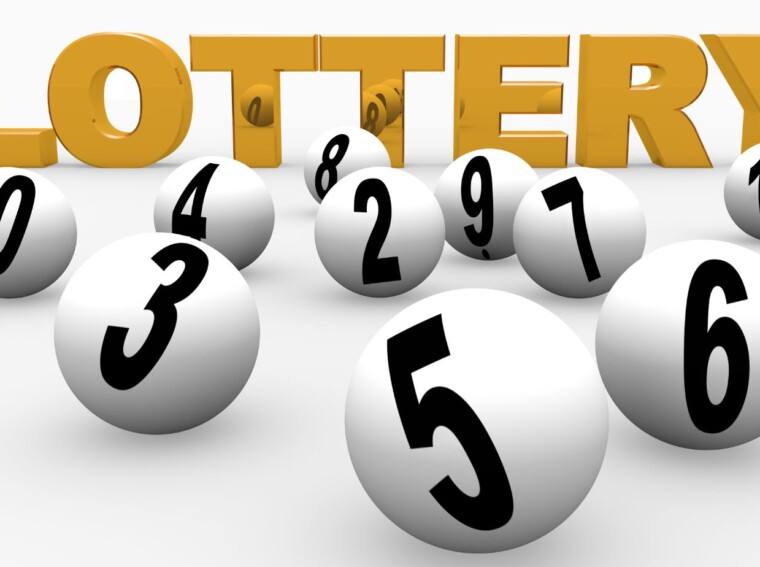The lottery has played an intriguing role in both the cultural and economic life of the United Kingdom and Ireland. The lottery dates all the way back to the 16th and 17th centuries, and it is still as popular today as it has ever been. The lottery has influenced communities and helped fund projects across these countries. The nature of the lottery has changed a great deal from how it started; the experience has gone largely digital within online gaming realms and more regulated, however, it remains a huge part of British and Irish society.
The Early Days of the Lottery in the UK
The first recorded state lottery in England took place in 1569, and tickets were sold to raise funds for public works, for example, repairing harbours and strengthening national defences. The prizes available were not just money but also valuables, such as silverware and tapestries. The lottery was limited to wealthier citizens, but the concept of raising funds through chance-based games would go on to shape how the lottery operated for years to come.
Lotteries were continuously used as a tool to raise funds for projects during the 17th and 18th centuries. The projects they support varied from the construction of bridges to the founding of universities. During this time, the lottery was considered a legitimate way for governments to pay for public infrastructure without having to directly increase taxes. However, as time went on, issues with corruption and poorly managed draws led to a decline in who trusted lottery systems, and in the 19th century, official state lotteries were phased out.
The History of the Lottery in Ireland
The history of the lottery in Ireland is slightly different from the history of the UK. The most notable difference is that Ireland had established Hospital Sweepstakes in the 1930s. The lottery aimed to raise funds for hospitals, as at the time, they relied heavily on public donations. These sweepstakes quickly gained international recognition, as tickets were being sold across the UK and even in the United States.
The Hospitals Sweepstakes had a significant impact as it generated a large amount of funds for healthcare, but it also became a part of Ireland’s identity. Draws became major events, and whoever was lucky enough to win would find themselves in headlines. The sweepstakes eventually declined because questions began to emerge regarding the transparency and distribution of funds. Although it had this decline, the Hospital Sweepstakes is remembered as one of the most iconic times in Irish lottery history.
The Return of the UK National Lottery

The National Lottery returned to the UK in 1994, and one key change was that all operations were under the oversight of the government and the newly created National Lottery Commission. The early rendition of the lottery was very different compared to the National Lottery, as the new lottery was operated under strict regulations, which ensured fairness and accountability for all players. The license to run the lottery was given to Camelot Group, and the first draw was broadcast on the BBC in front of millions.
The National Lottery gained popularity quickly and soon became a household name, with jackpots reaching record-breaking amounts. The lottery wanted to make sure that it carried on the values set in place by the early days. A significant portion of ticket sales was directed towards good causes, and over the years, billions of pounds have been raised. The National Lottery supported the arts, heritage preservation, charities, and sports, all of which helped the National Lottery become a trusted institution in the UK.
Ireland Creates Their Own National Lottery
Ireland introduced their own National Lottery in 1986, which followed a similar system to the UK lottery, as it was created to generate funds for charities and community projects while providing entertainment for players. The National Lottery replaced the Hospitals Sweepstakes and introduced a more transparent and regulated system.
The Irish lotto offered draws twice a week, which often had significant jackpots. Over time, the lottery developed from just one game, and more ways to play were introduced. The range of games expanded as games like scratchcards and daily draws were now common amongst Irish lottery players. With the development, the Irish lottery quickly rose in popularity, meaning more projects and charities were being funded.
The Rise of EuroMillions
A significant milestone in both the UK and Ireland was the launch of EuroMillions in 2004. This multinational lottery brought together several European countries, creating the potential for massive jackpots. Players in both regions quickly embraced the game, with EuroMillions draws becoming weekly highlights.
EuroMillions also introduced the concept of Superdraws, where the jackpot was boosted to even higher levels, creating significant excitement. These draws attracted not only regular lottery players but also casual participants.
The Digital Transformation
Technology has dramatically changed the way people in the UK and Ireland play the lottery. Digital platforms have made it possible to buy tickets online, check results instantly, and participate from the comfort of home. Mobile apps have further simplified the process, attracting younger demographics while maintaining the interest of long-standing players.
Alongside official platforms, the growth of lotto betting sites has emerged as part of the digital lottery landscape. These sites are purposed for individuals to place bets on the outcome of lottery draws rather than purchasing official tickets.
The Lotteries Cultural Legacy
The history of the lottery in the UK and Ireland reflects more than just a series of games. It is a story of communities, public projects, and cultural traditions. From Elizabethan raffles and the Hospitals Sweepstakes to the rise of EuroMillions and digital platforms, lotteries have continuously adapted to reflect the needs and values of society.
Today, whether through the National Lottery or international draws, lotteries continue to entertain while funding important projects. Their constant presence shows how much of a cultural impact the lottery has had on both the UK and Ireland.
